The quest for happiness might seem universal, but not all states in the USA measure up the same on the happiness scale. High living costs, economic challenges, health issues, and poor social conditions contribute significantly to residents’ unhappiness in various states.
Here’s a closer look at the 15 unhappiest states in America based on economic stability, health statistics, personal freedoms, environmental quality, and WalletHub ranking.
West Virginia

West Virginia, ranked as the least happy state at 50th, bears the deep economic scars left by the decline of the coal industry, leading to high unemployment and poverty rates. Health issues, particularly those related to drug addiction, are pervasive. Efforts were made to diversify the economy. However, it faced limited success, leaving many communities to face the psychological and social impacts of unemployment and underemployment, further affecting the happiness ratio.
Louisiana
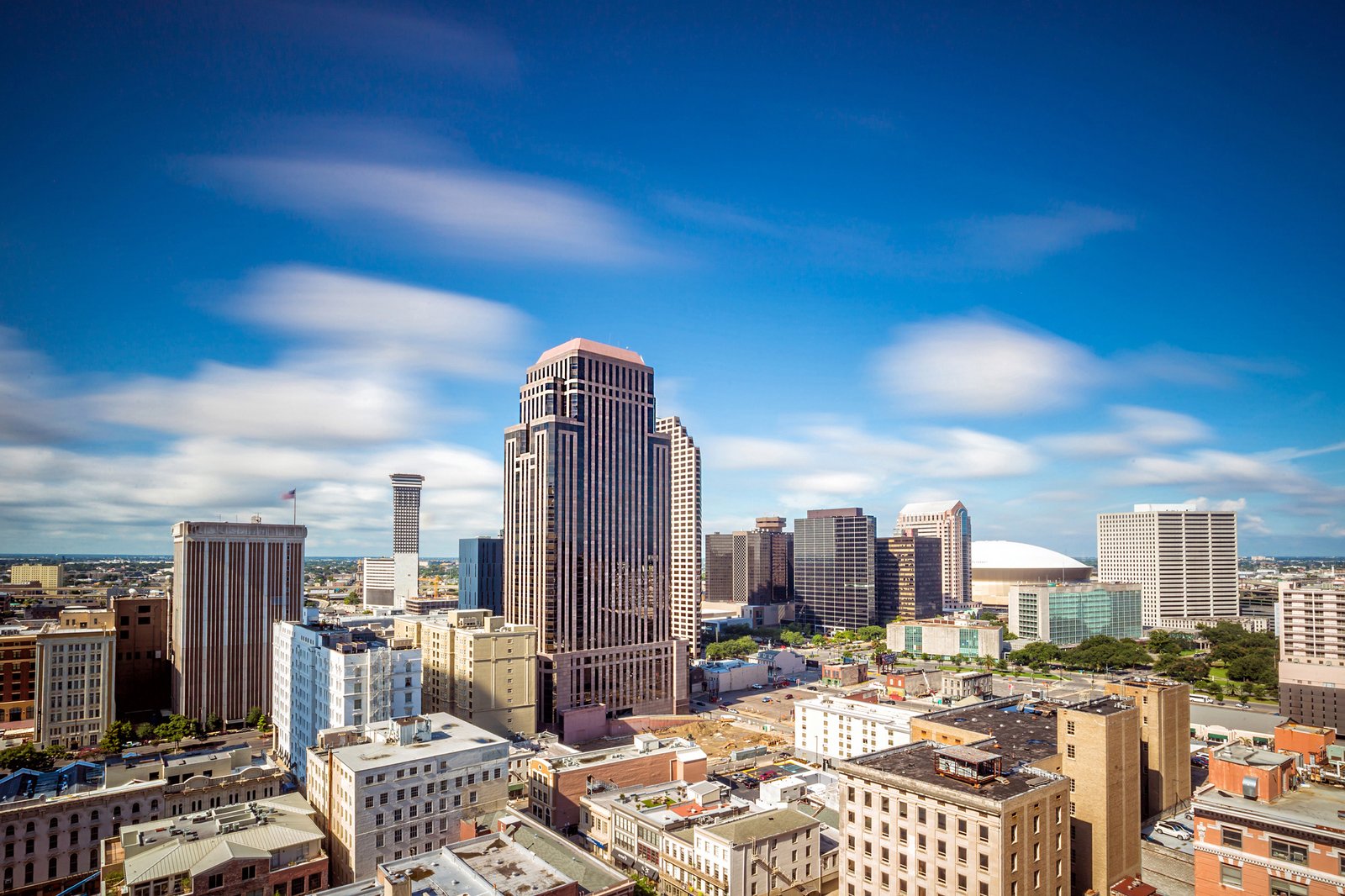
Louisiana, ranked 49th, faces many challenges, including high crime rates, environmental vulnerabilities, and economic instability. These environmental changes threaten the state’s unique cultural heritage, impacting community identity and cohesion. These factors are particularly pronounced outside the vibrant cultural hub of New Orleans, where many communities face ongoing recovery from natural disasters without sufficient support.
Tennessee
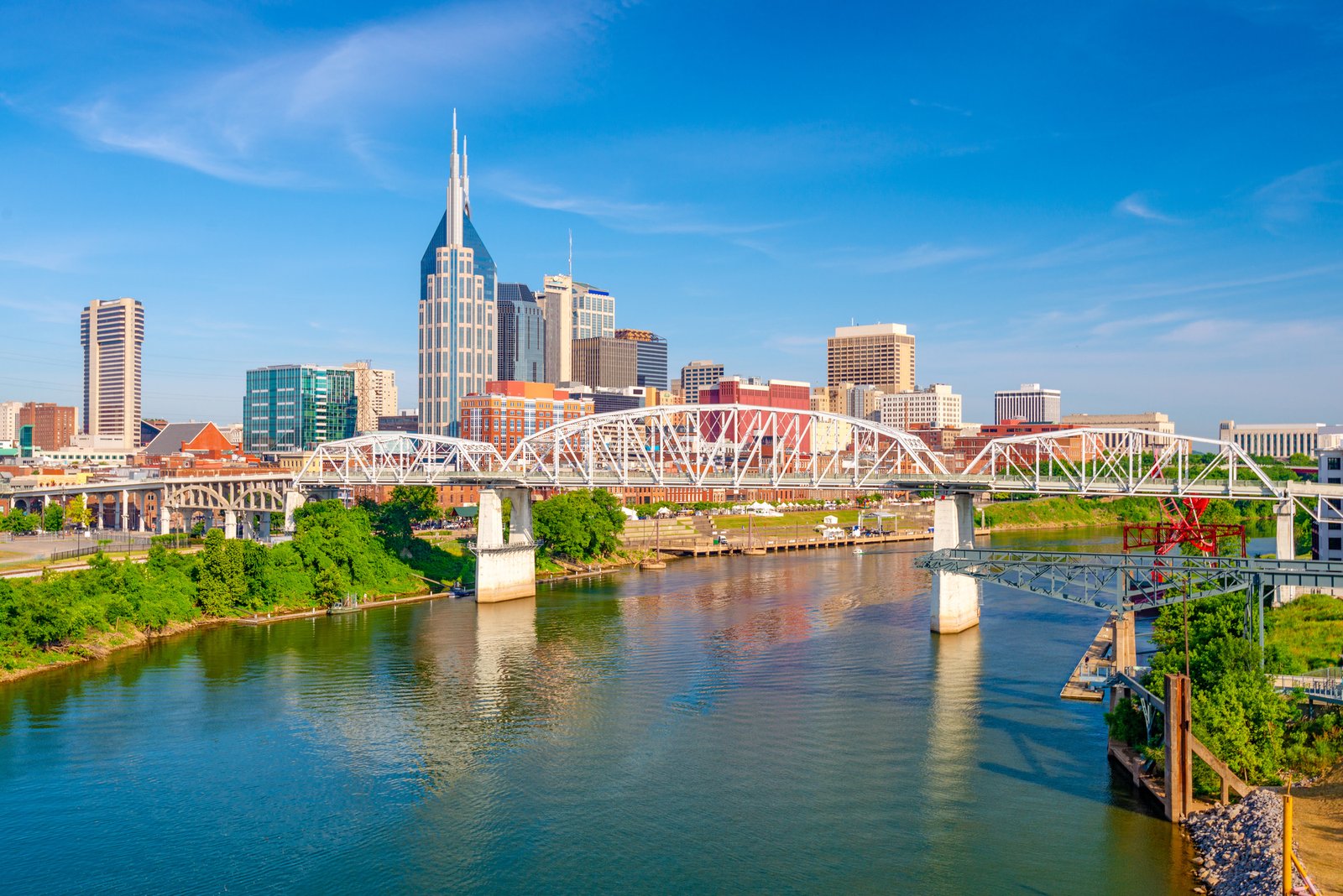
Tennessee, ranking 48th in happiness, experiences disparities in health and economic conditions across the state. While cities like Nashville thrive, rural areas suffer neglect, marked by poor healthcare access and limited economic opportunities, creating a stark divide in resident happiness. The healthcare system is strained, particularly affecting rural populations, which adds to the state’s challenges.
New Mexico
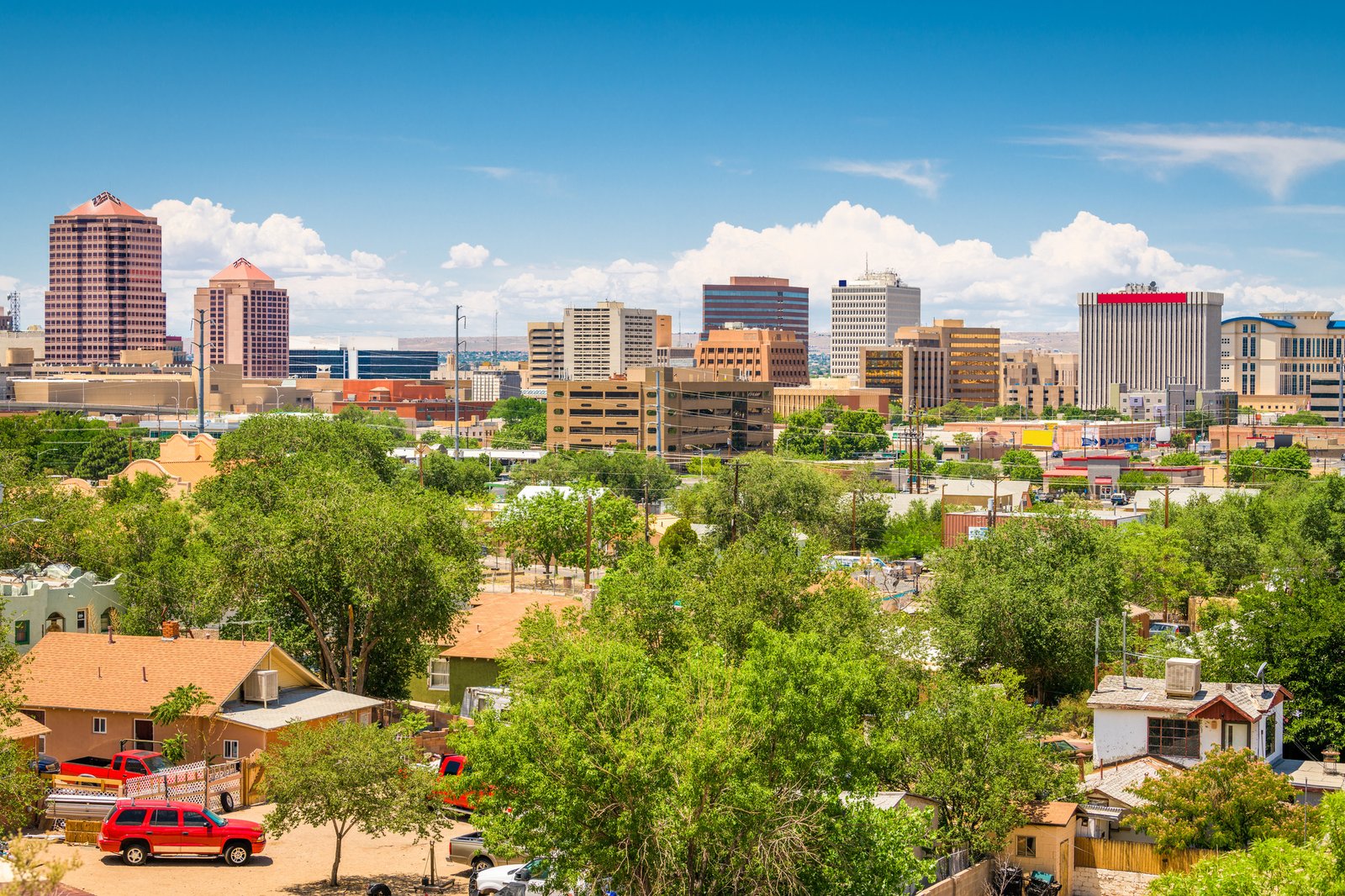
Ranked 42nd in happiness, New Mexico faces significant challenges, such as high crime rates and educational difficulties. The state has one of the highest proportions of Indigenous populations, who encounter barriers to health, education, and economic participation. Poverty and an underfunded healthcare system further exacerbate these challenges, making it difficult for many residents to achieve a high quality of life.
Kentucky
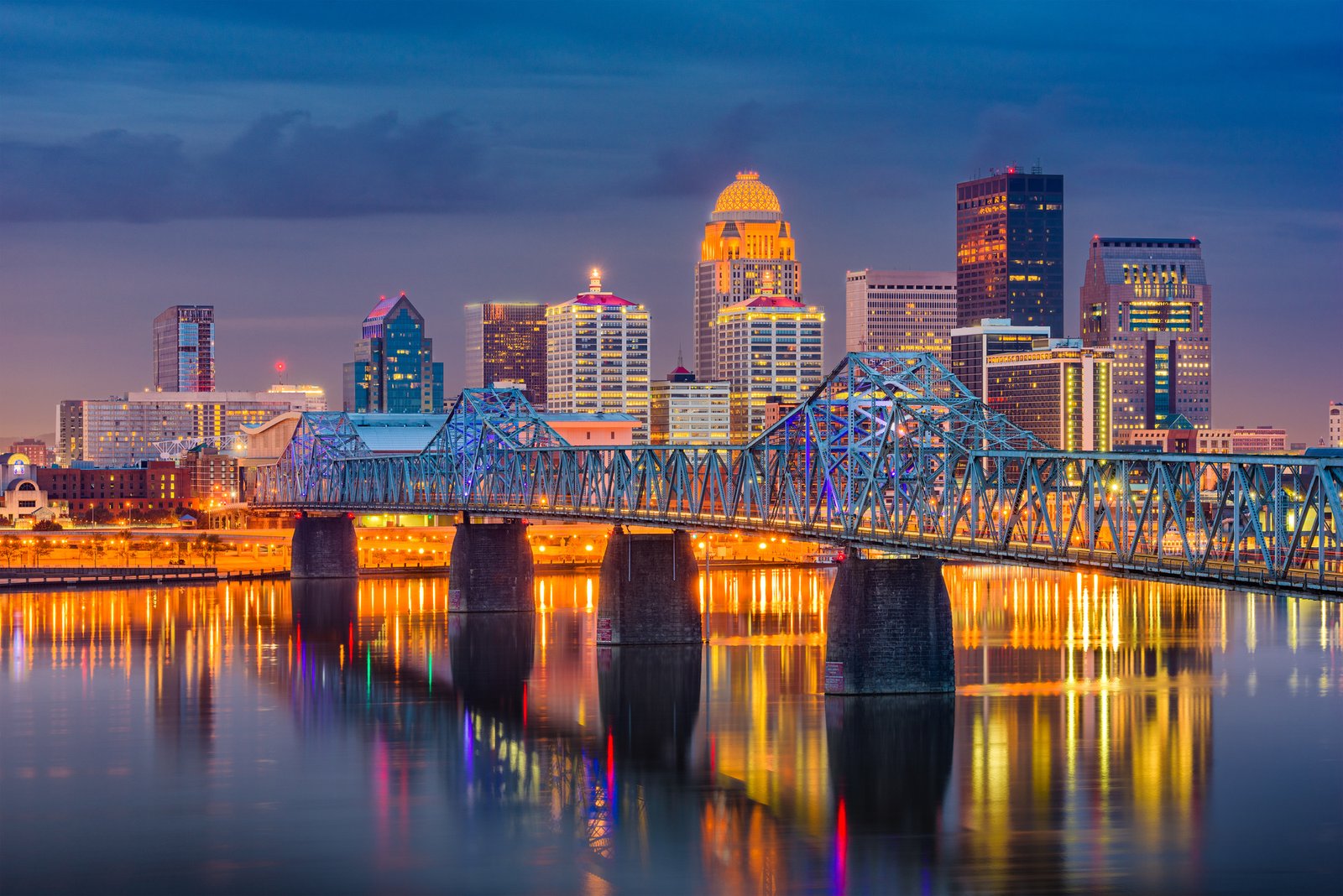
Kentucky, ranked 46th in happiness, contends with public health crises, including high rates of smoking and obesity, which are among the nation’s highest. Economic dependency on declining sectors like coal mining contributes to unhappiness due to job losses and associated social issues. The state’s struggle with public education funding and quality exacerbates social inequality and limits future opportunities for its youth.
Mississippi
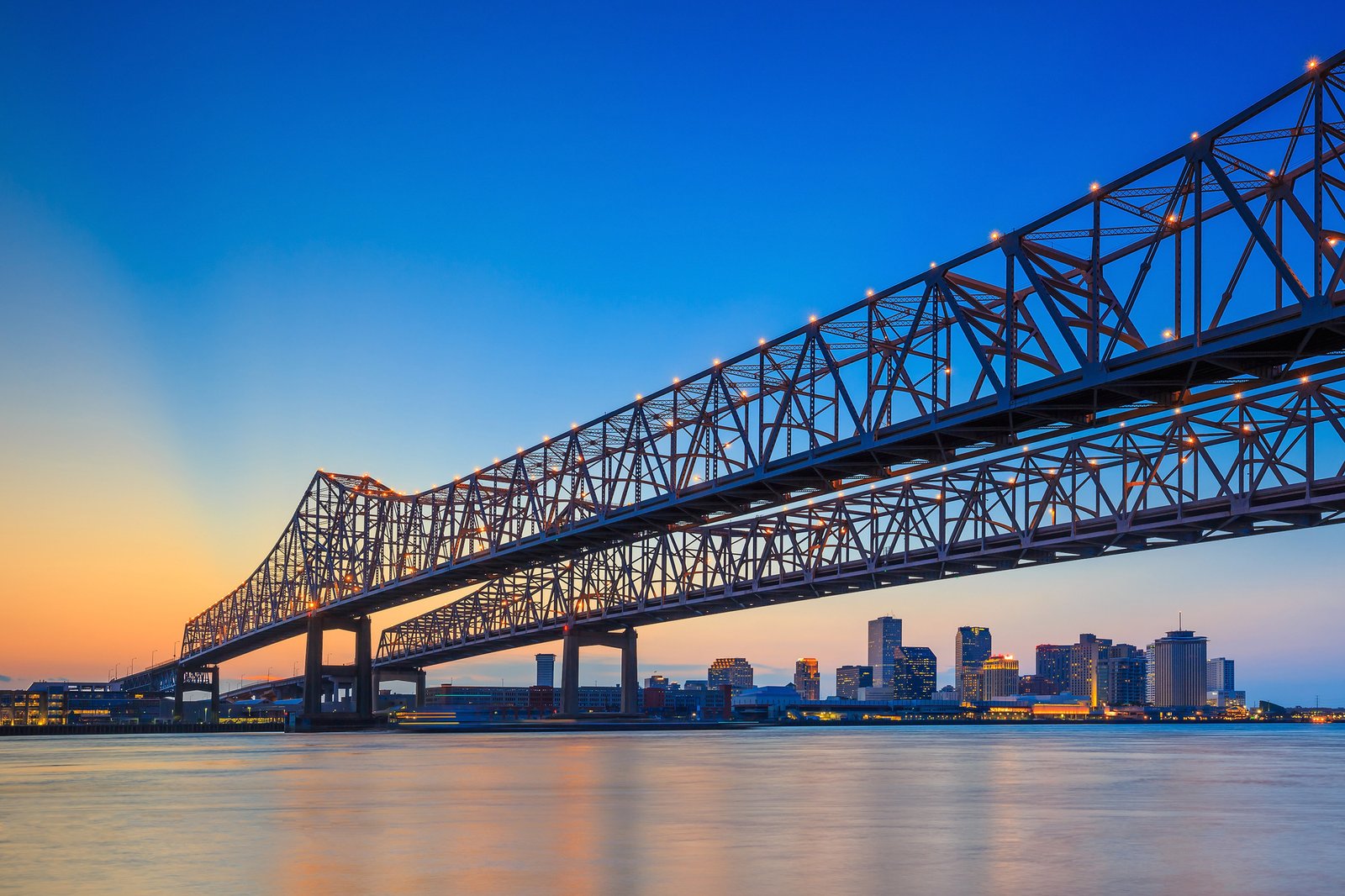
At 44th in happiness, Mississippi is the poorest state in the nation, significantly influencing its low ranking. High poverty rates, poor health outcomes, and limited educational opportunities create a challenging environment for many of its residents. Additionally, the state’s healthcare system is one of the least funded in the nation, which severely impacts the accessibility and quality of care for many residents, contributing to poor health outcomes.
Nevada

Ranked 32nd in happiness, Nevada contrasts its glittering tourist attractions and the underlying societal challenges. The state battles high unemployment and an education system struggling due to insufficient funding.
Furthermore, dependence on a volatile tourism industry leads to economic instability, affecting many residents’ livelihoods. Mental health issues and high rates of substance abuse further compound the state’s challenges, making it difficult for many individuals to find stability and happiness.
Georgia

Georgia, ranking 24th in happiness, grapples with substantial challenges beyond its vibrant cities. Rural areas, in particular, face daunting poverty levels that limit access to essential healthcare and educational opportunities. The agricultural sector is hit hard by market fluctuations and climate change, affecting economic stability and diminishing community well-being. Health disparities and exceptionally high rates of chronic diseases further degrade the quality of life for many Georgians.
Missouri
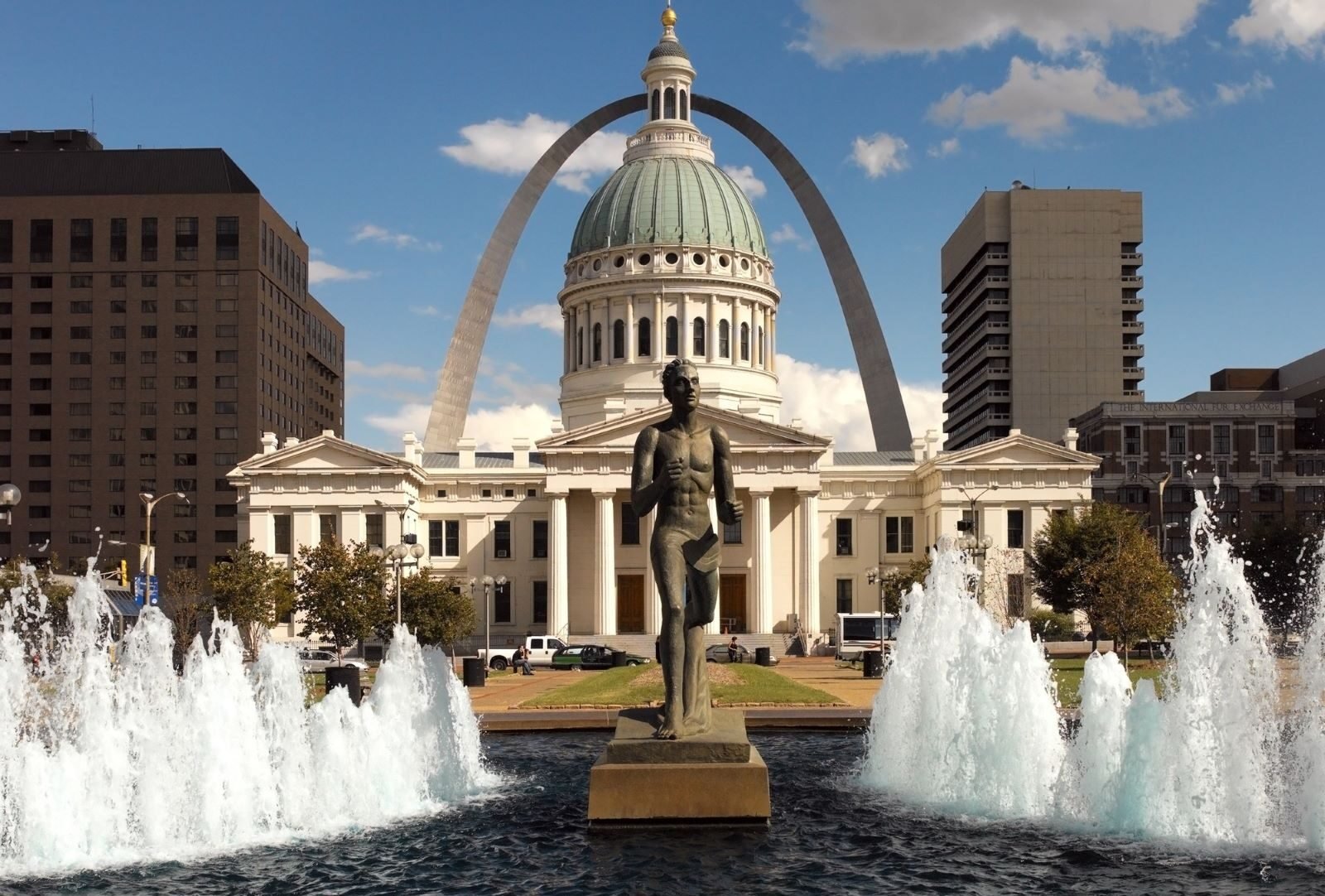
With a happiness rank of 35, Missouri struggles with social and economic issues, including a high crime rate and significant urban-rural divides. Economic uncertainty, exacerbated by declining industries and inequitable educational funding, leads to widespread dissatisfaction among its residents. Additionally, Missouri’s agricultural economy faces challenges from unpredictable weather conditions, adding another layer of economic strain.
Michigan

Michigan’s happiness rank at 33 reflects its ongoing struggle to recover from industrial decline. Cities like Detroit are plagued by high unemployment, poverty, and crime, significantly affecting the state’s overall happiness. Moreover, the public health system is overstretched, and many areas are still recovering from economic downturns. Environmental concerns, particularly in places like Flint, further impact health and well-being, creating complex challenges for residents.
Indiana
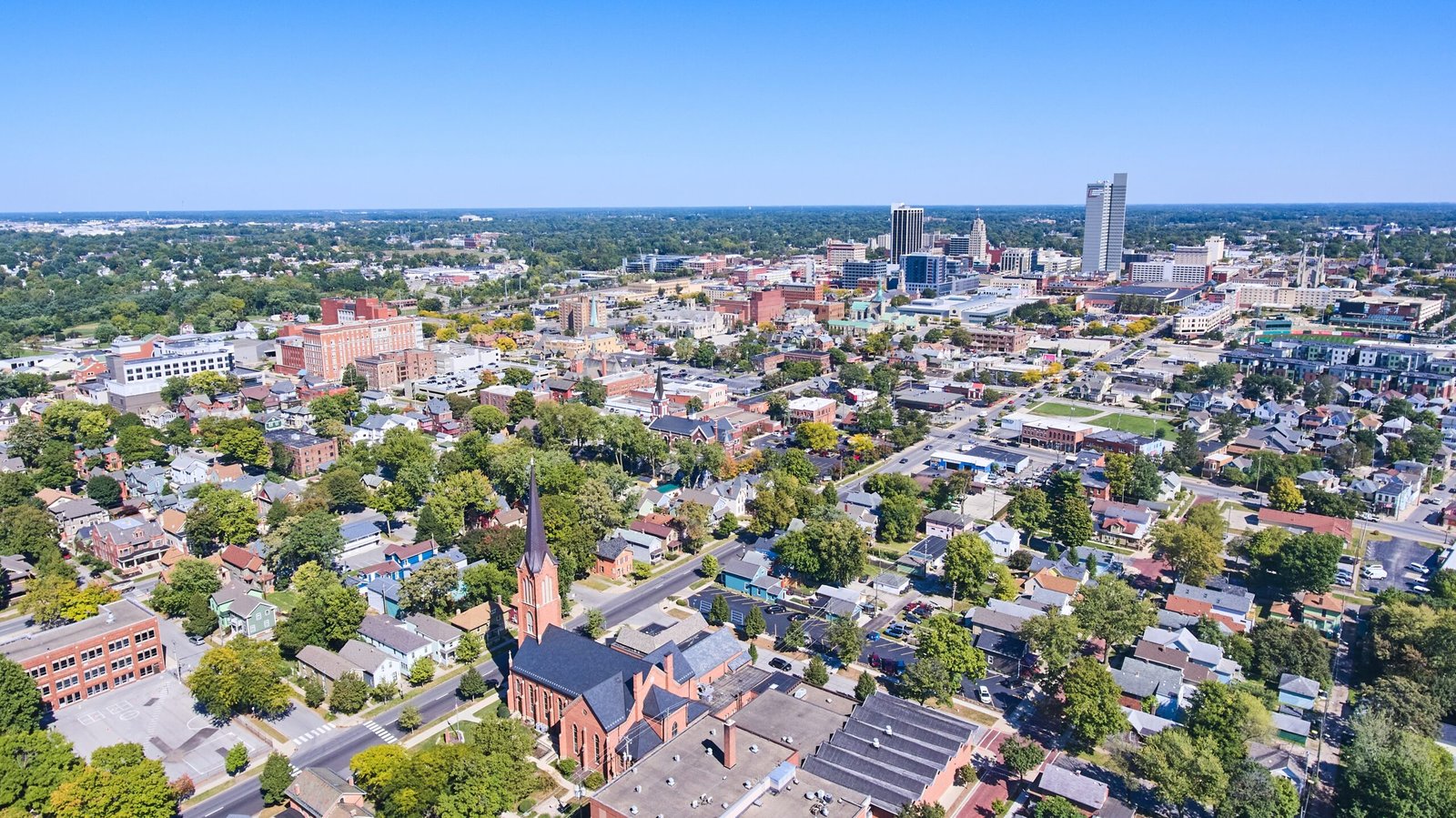
Indiana, placed 40th on the happiness index, deals with economic instability that affects critical sectors, including manufacturing. Disparities in education and healthcare access exacerbate the challenges faced by residents, leading to widespread dissatisfaction. The state also experiences a brain drain, as many young, educated professionals leave in search of better opportunities, which affects economic growth and innovation.
Ohio
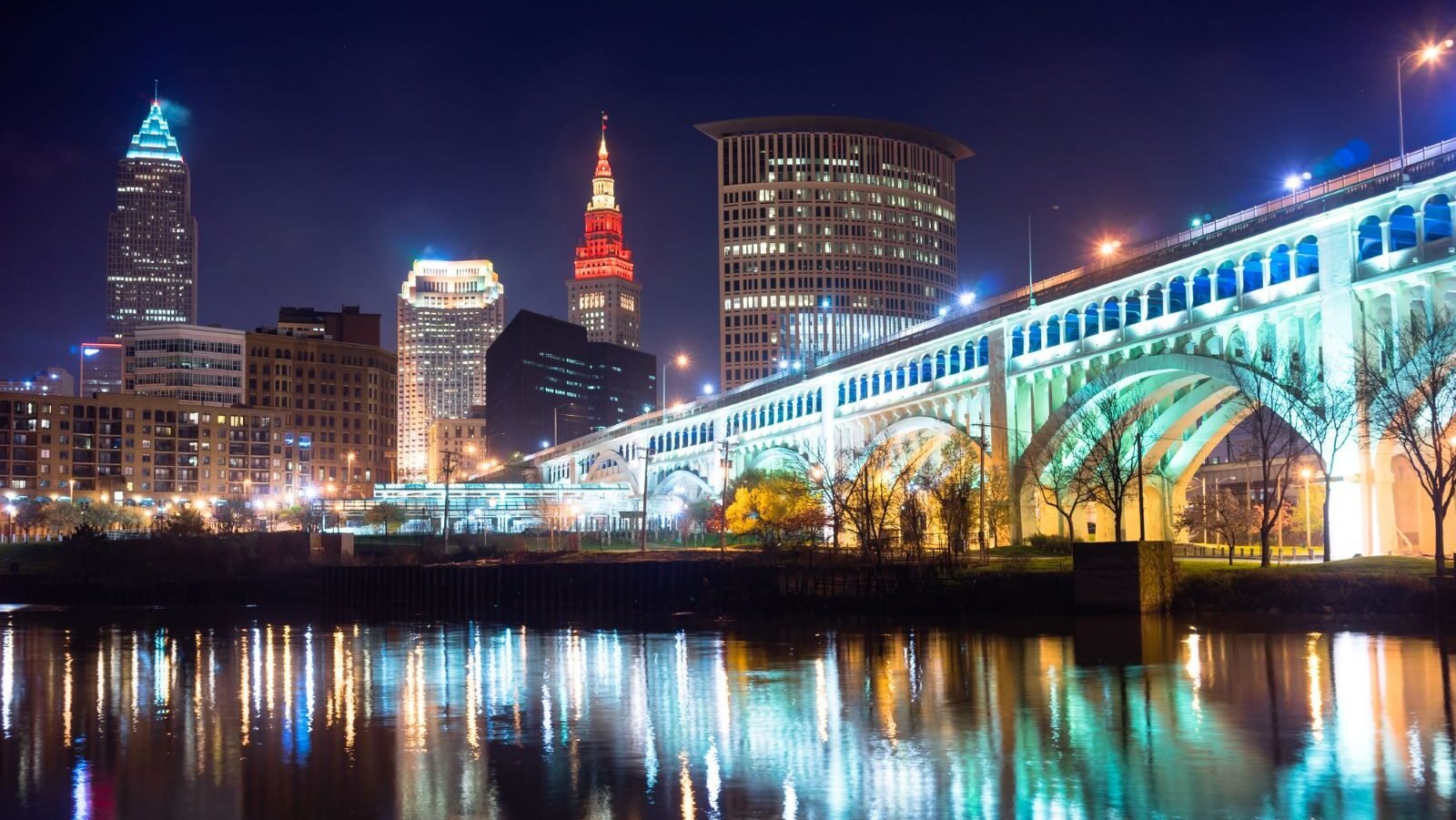
Ohio, holding the 37th spot in happiness rankings, is impacted by industrial shifts and the opioid crisis, which have left many communities struggling. Economic instability and social issues stemming from these shifts contribute to lower life satisfaction among residents. The state’s political landscape is often polarized, affecting state and local governance and impeding comprehensive responses to social issues.
Alabama
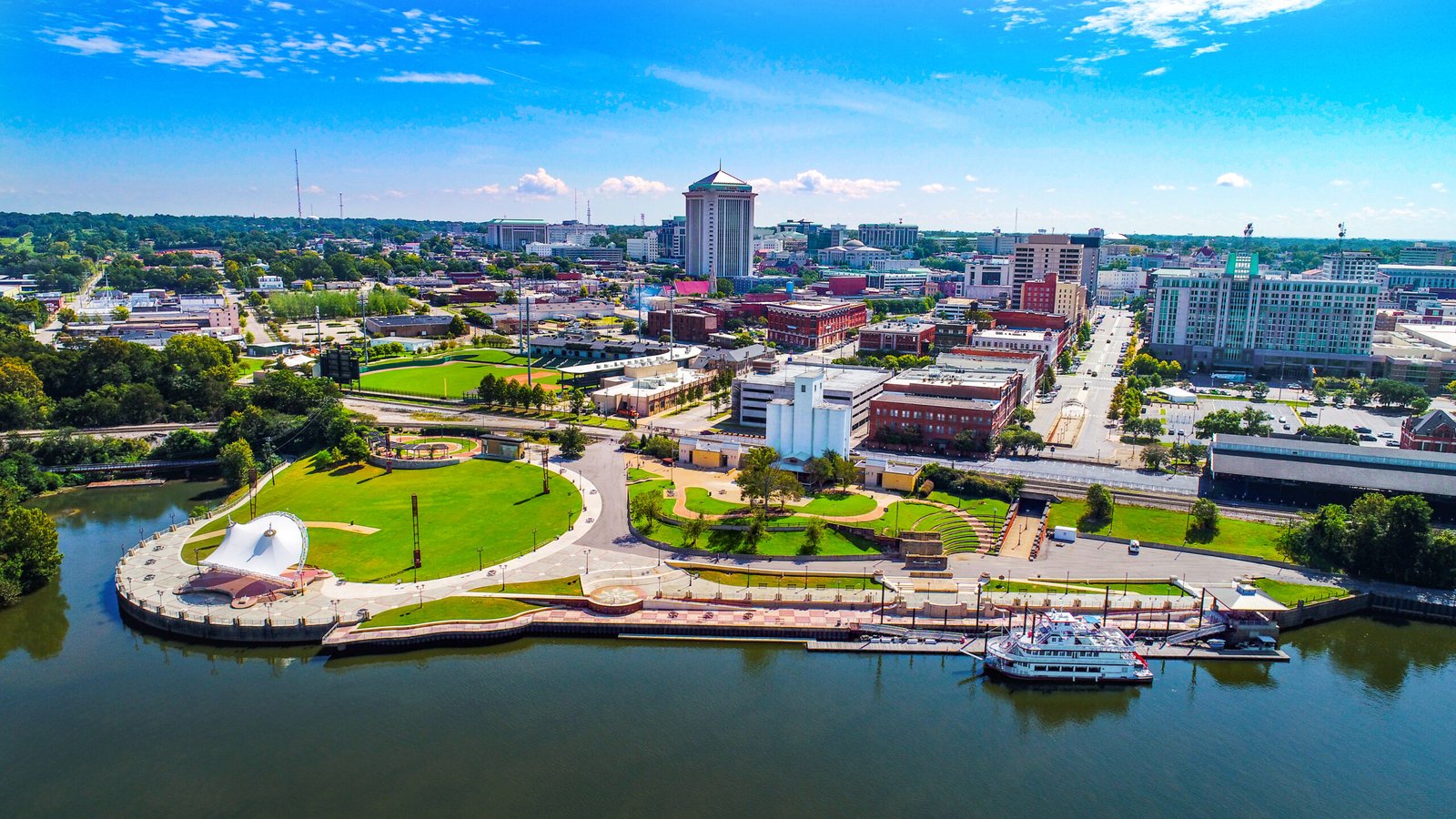
Alabama’s happiness rank at 45 reflects its struggles with systemic poverty, healthcare access, and educational inequalities. Alabama’s history of racial strife and ongoing racial inequalities continue to impact its social fabric, causing systemic disparities across various sectors. These longstanding issues compounded by economic stagnation in several areas affect the overall well-being of its residents.
Oklahoma

Oklahoma, ranking 41th, struggles with high rates of mental health issues and substance abuse. The state’s economic fluctuations and environmental challenges, such as frequent tornadoes, add to the hardships faced by its residents, diminishing overall happiness.


